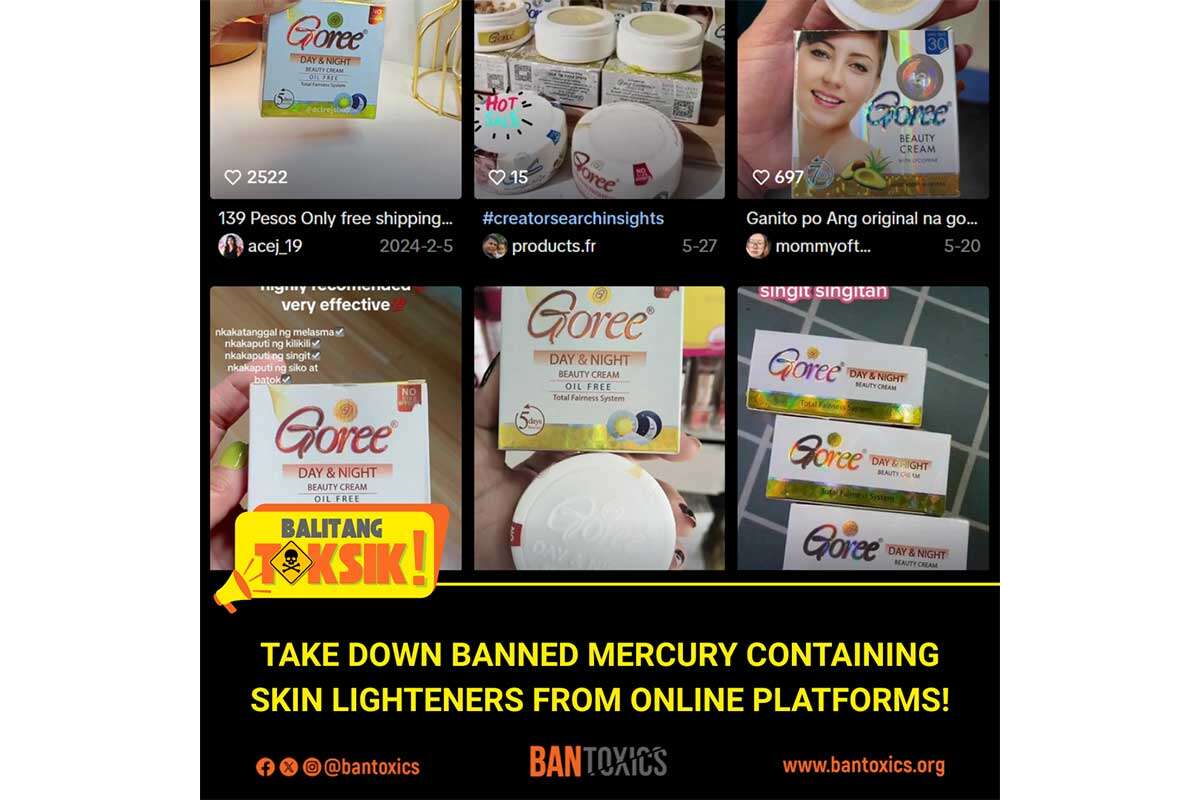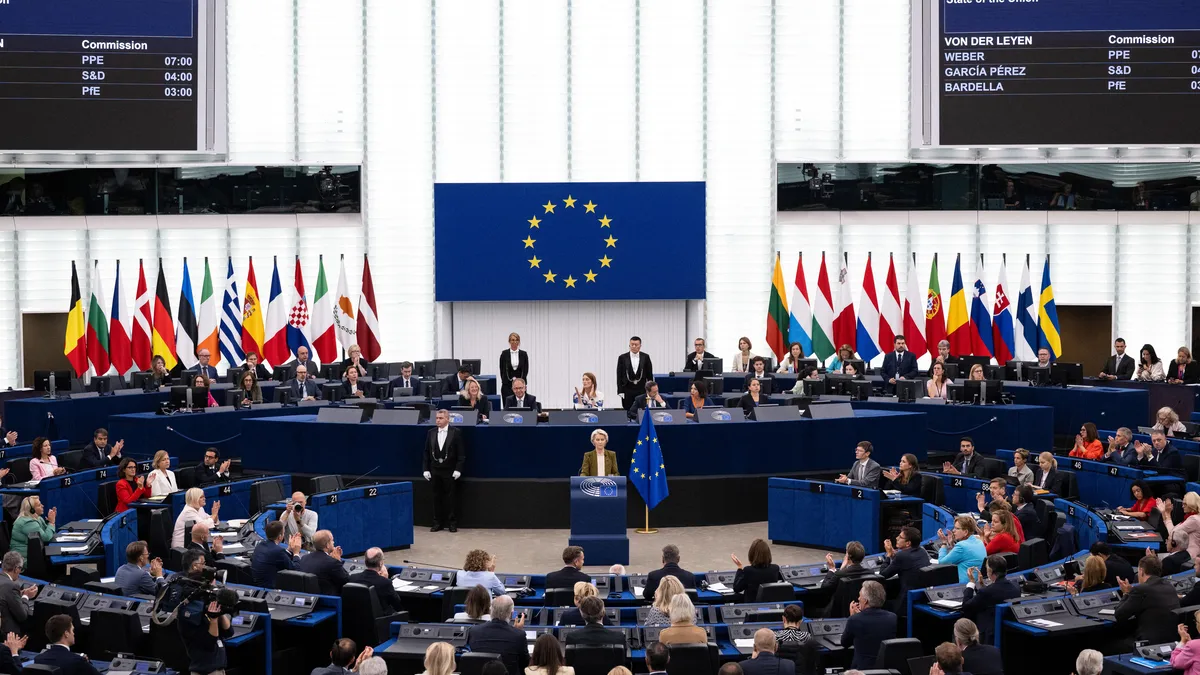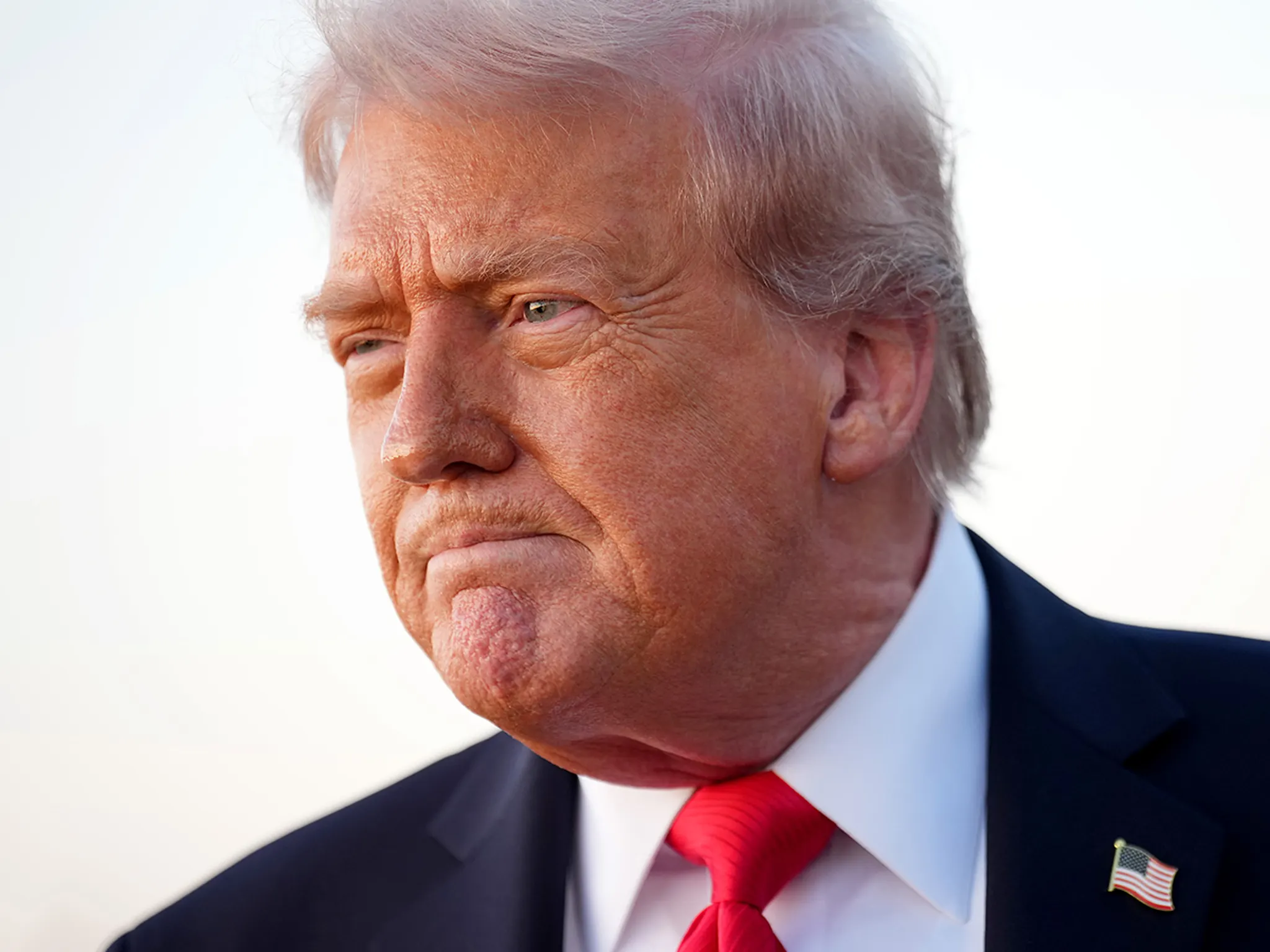By BAN Toxics
Copyright journal

With online shopping becoming the norm for convenient purchasing of various products, toxics watchdog BAN Toxics expresses concern over the continued proliferation of illegal and dangerous mercury-containing skin lightening products (SLPs) on online shopping platforms, despite existing health and safety regulations and regular warnings issued by the Food and Drug Administration (FDA).
A recent online market research conducted by BAN Toxics revealed more than 500 ads, postings, and listings of mercury-added SLPs on social media sites such as TikTok and Facebook Marketplace, as well as on shopping platforms like Lazada and Shopee. Products found include C Collagen Plus Vit E Day and Night Cream, Goree Beauty Cream with Lycopene, Goree Day and Night Whitening Cream, Goree 24K Gold Beauty Cream, and 88 Underarm Whitening Cream.
“The illegal trading of mercury-added SLPs online is a direct violation of RA 11967, or the Internet Transactions Act,” said Thony Dizon, Advocacy and Campaign Officer of BAN Toxics. “A takedown order should be issued to remove the ads, postings, and listings of prohibited whitening products to protect consumers from toxic mercury exposure.”
RA 11967 guarantees the effective regulation of e-commerce to protect consumer rights and ensure compliance with product standards and safety requirements. It authorizes the Department of Trade and Industry (DTI) to issue takedown orders directing the removal of listings or offers on webpages, websites, platforms, or applications, regardless of whether the transaction involves the sale or lease of goods or services that are prohibited or regulated under existing laws. Other regulatory agencies may also request that the DTI issue takedown orders for the removal of online listings or offers that violate laws, rules, and regulations under their jurisdiction.
To stop the unlawful online trade of prohibited beauty products, BAN Toxics appealed to government agencies to apprehend violators and impose the necessary fines and penalties. The group further urged authorities to make the online market in the Philippines “Mercury-Free” and “Toxics-Free.”
Since 2017, BAN Toxics, in collaboration with the Zero Mercury Working Group (ZMWG) and the European Environmental Bureau (EEB), has been monitoring online markets for dangerous skin-lightening products. In 2024, the group was able to purchase 50 such products from various online shopping sites, including brands already banned in the country. Chemical screening using a Vanta C Series Handheld XRF Analyzer revealed that 44 of the products contained mercury, with levels ranging from 7 parts per million (ppm) to an alarming 67,400 ppm—far exceeding the 1 ppm limit set by the ASEAN Cosmetics Directive. Notably, 33 of the tested products had already been subject to public health advisories issued by the Food and Drug Administration (FDA) between 2013 and 2024 due to their mercury content.
Mercury is among the top ten chemicals of major public health concern. According to the World Health Organization (WHO), the use of mercury and other hazardous substances in cosmetics can cause adverse health effects such as skin rashes, skin discoloration and scarring, reduced resistance to bacterial and fungal infections, kidney damage, anxiety, depression, psychosis, and peripheral neuropathy.
“Existing health and e-commerce regulations in the country should prevent social media sites and online shopping platforms from allowing the illegal trade of mercury-added SLPs. Consumer protection from toxic exposure must be ensured in all online product transactions,” said BAN Toxics.
The group reiterated its appeal to the DTI and the FDA to convene a multi-stakeholder conference to address the proliferation of fraudulent and health-damaging products on online shopping platforms and social media sites, and to strengthen the commitment to providing safe, healthy, and toxin-free products for the welfare of consumers.



